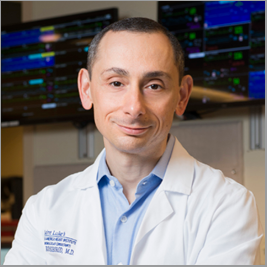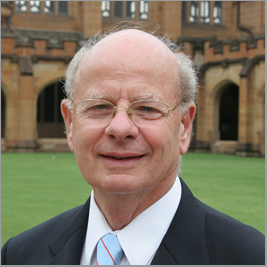George Clinical has the breadth of expertise and clinical networks to make what is traditionally one of the most complex and time consuming therapeutic areas to conduct clinical trials, one of the most streamlined.
Heart disease is the leading cause of death in the world. It accounts for more than 17 million deaths a year and that figure is rising. George Clinical’s scientific leadership is primarily focused on developing new strategies for the prevention of heart diseases by targeting their primary risk factors such as high blood pressure and cholesterol, through drug and device interventions.
The depth of George Clinical’s therapeutic expertise places us as global experts in designing and implementing studies measuring cardiovascular co-morbidities and outcomes to the highest scientific standard.
George Clinical’s scientific leadership have an impressive track record providing evidence to effect real change in practice and policy so that our research translates into clinical practice and government policy.
Our clinical trial services in cardiovascular health include:
George Clinical’s expertise and capacity to engage with significant investigator networks, place us as one of the leading cardiovascular contract research organizations operating in this therapeutic area.








